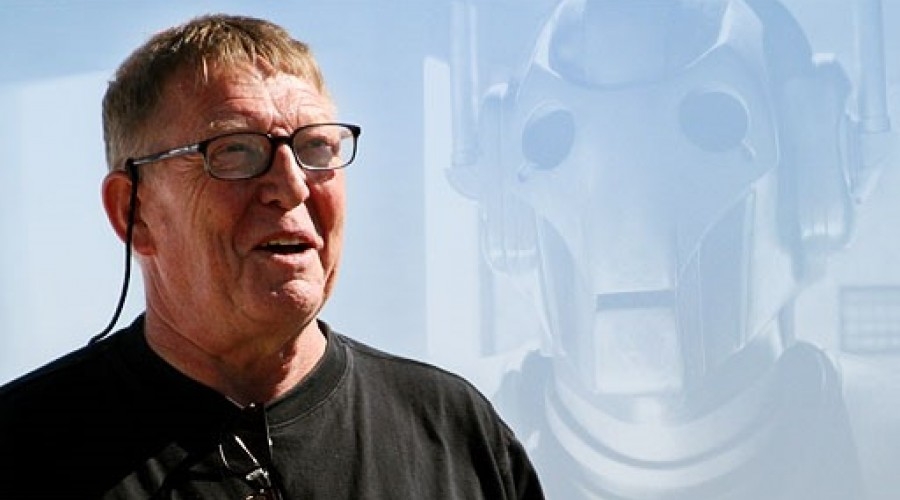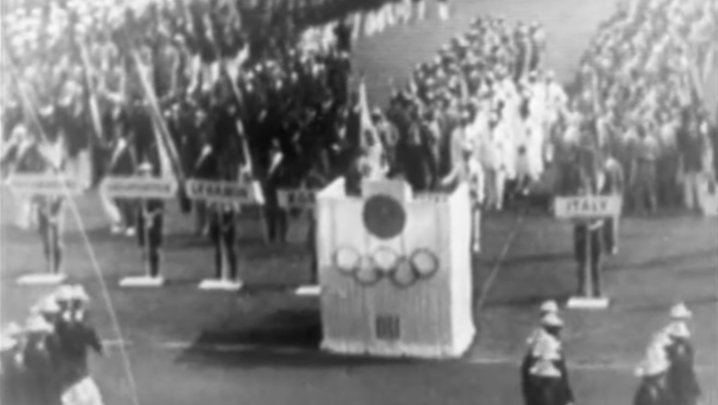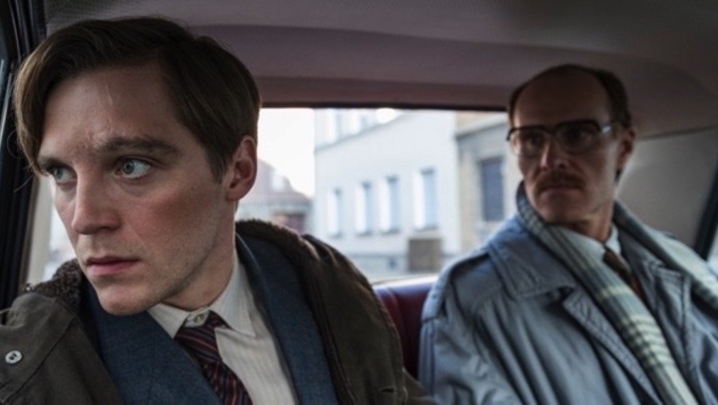Graeme Harper – the longest-serving director of Doctor Who – discussed his eventful career in television with the British Film Institute’s Justin Johnson at an RTS London event in early November.
Harper worked as a floor assistant on the BBC One sci-fi classic in the 1960s – before moving on to directing episodes in the 1980s and again in the noughties after Russell T Davies regenerated the Doctor.
Harper started young in show business. At nine, he went to the Italia Conti stage school on Saturday mornings for elocution lessons. He liked it so much that he pleaded with his parents to send him to the school, but the fees were a problem. The solution was for the young Harper to take on acting roles to pay his way.
“My first job was as a bright, red haired boy in The Pickwick Papers,” he recalled, “I had seven years of bliss at the school – it was absolute heaven.” Not only did he get enough work as a child actor to pay the fees, he said, but “at 16 I left with £200 in my pocket”.
By then, Harper knew he wanted to be a storyteller, rather than an actor. A driving job at MGM Studios in Borehamwood led to a conversation with Stanley Kubrick. “That changed my thinking,” he recalled. “I knew then that I wanted to be him – a director.”
Harper contacted Shaun Sutton, then head of drama at the BBC, for whom he’d worked as a child actor, who got him into the BBC as a floor assistant.
Over three years as a floor assistant and a further eight as an assistant floor manager, Harper worked on comedy, drama and magazine shows. “I got a fantastic insight into running a TV studio, learning everything you need to know on a production,” he said.
Work as a first assistant director and then a place on the BBC’s director course followed, which led to him directing Peter Davison as Doctor Who in 1983.
At the time, the budgets for special effects were so limited that it was often the case that effects had to be improvised on the studio floor – hence the infamous shaky camera shots.
Years later he worked on the Russell T Davies Doctor Who, directing four episodes in 2006 that featured two of the series’ greatest villains, the Daleks and Cybermen.
Harper loves doing action sequences in drama; one notable success was the tram crash in Coronation Street at the start of the soap’s 50th anniversary week in December 2010.
His experience with action sequences was also perfect for Doctor Who. Harper had learned how important it was to storyboard action sequences, including all the green screen CGI effects. “It really helps everyone on the production know exactly what they have to do – and that’s a formula we stuck to on Doctor Who,” he said.
Harper continues to direct in TV, most recently for BBC Two comedy Inside No 9 in 2018.








